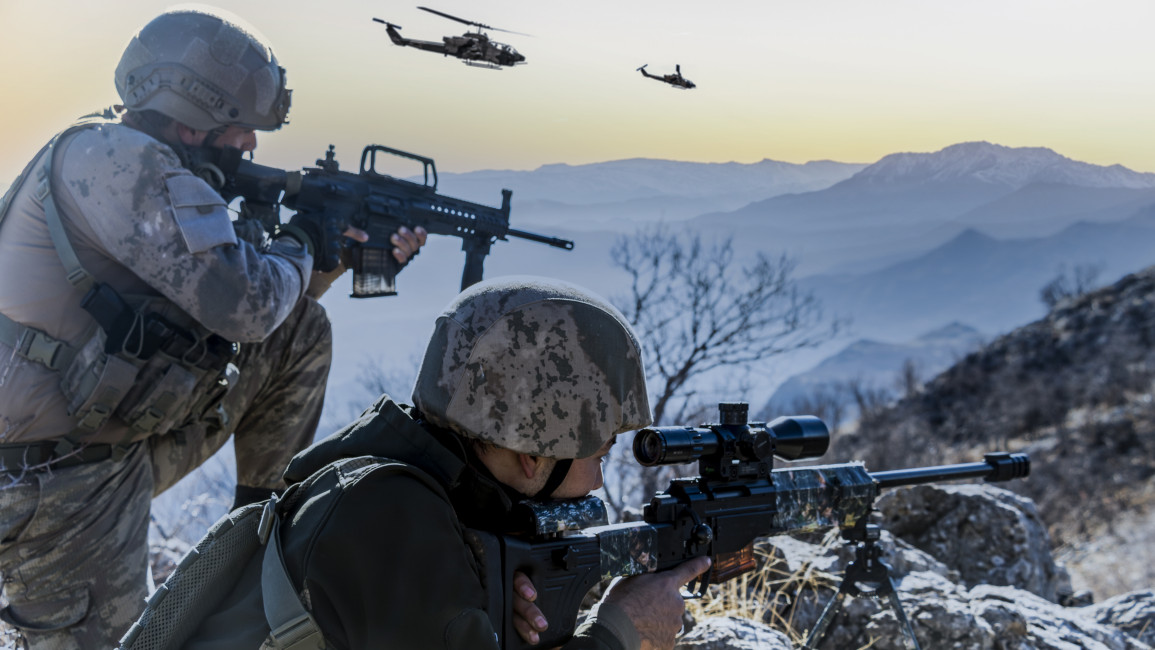
TEHRAN (FNA)- UN experts blamed the United States for making life worse for Afghan women, saying Washington's move to freeze Afghanistan's assets is contributing to the suffering of women in the war-ravaged country.
In a statement on Monday, 14 independent human rights activists held Washington responsible for making the situation worse for women in Afghanistan through blocking billions of dollars in assets belonging to the country’s central bank, presstv reported.
"While gender-based violence has been a long-standing and severe threat to women and girls, it has been exacerbated by the measures imposed by the US...," said the statement, without providing specific details.
The statement also blamed the Taliban's "widening gender-based discrimination" for deteriorating women's rights, adding that the current humanitarian crisis where 23 million are reliant on food aid is having a "disproportionate impact" on women and children.
The Joe Biden administration has frozen the assets belonging to the Afghan Central Bank since the withdrawal of its occupation forces from the country in August 2021. The International Monetary Fund (IMF) and the World Bank have since then suspended activities in the war-ravaged country.
Many of the US allies and Western governments have also largely suspended their financial assistance to Afghanistan since the US troop withdrawal and the Taliban takeover.
Back in February, US President Biden signed an executive order saying half of the frozen assets from Afghanistan's central bank were to be reserved for victims of the September 11, 2001, terror attacks.
Washington also claimed that the other half would be allocated for humanitarian aid to Afghans suffering from the dire situation following the Taliban's assuming of power in Afghanistan in August 2021.
Despite the intense lobbying by present rulers in Kabul, the US and its allies have refused to release the funds, paving the way for the worst humanitarian disaster.
The UN experts further called the order's provisions "overly broad", stressing that they were resulting in "over-zealous compliance with sanctions thus preventing people of Afghanistan from any access to basic humanitarian goods".
They also noted that under international human rights law, governments, including the US, have an obligation to ensure their activities do not result in rights violations.
The experts said they have already relayed their concerns and recommendations to Washington, adding that they have not yet received a reply.
Almost eight months after the US-led international coalition hastily abandoned the South Asian country, millions of Afghans are on the brink of starvation, with no food and no money.
The Taliban’s return to power came as the US was in the middle of a chaotic troop withdrawal from Afghanistan.
The group announced the formation of a caretaker government on September 7, but their efforts to stabilize the situation have so far been undermined by international sanctions, as banks are running out of cash and civil servants are going unpaid.
The UN has already warned that some 95 percent of Afghans do not have enough to eat and nine million are at risk from famine.












